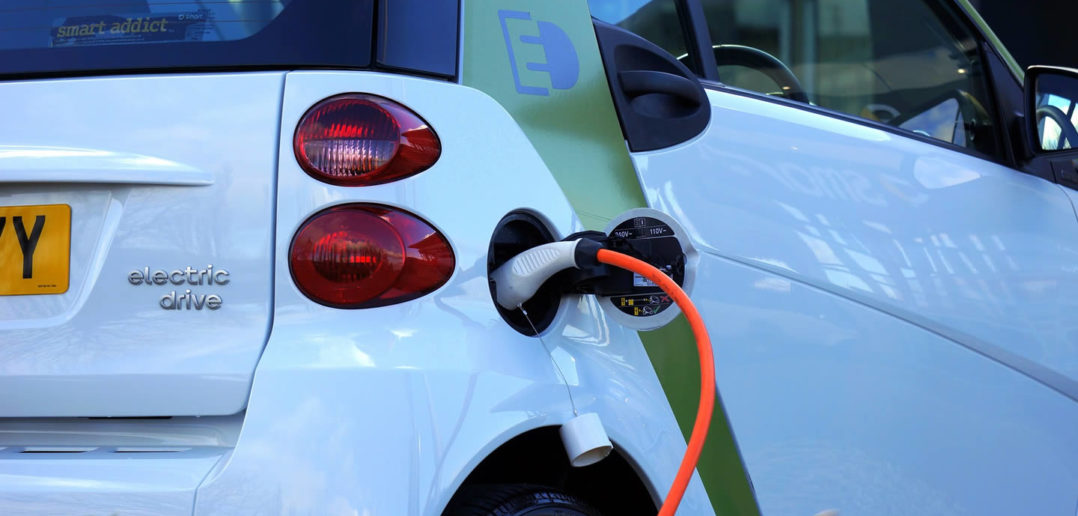The government has been accused of undermining the British automotive industry after sales of hybrid electric vehicles collapsed in June.
Plug-in hybrid (PHEV) sales decreased by 50.4% and hybrid electric vehicles (HEV) fell 4.7% in June, according to the latest figures from the Society of Motor Manufacturers and Traders (SMMT). And whilst sales of battery electric vehicles (BEV) saw strong growth (61.7%) over the same period, it did not counteract the scale of the overall picture of decline in the alternative fuel car market, which shrunk by 11.8%.
The industry body blamed the decline on the government’s premature decision to remove the grant for such vehicles. Alternative fuel vehicles currently make up around one in every 17 cars sold, which is well below the numbers needed for the UK to hit its target of net zero carbon emissions by 2050.
According to Autovolo.co.uk, petrol and diesel cars cause around 12% of the total carbon emissions from EU countries. Electric vehicles currently make up around one in every 17 cars sold in the UK, and this situation will need to change dramatically in the coming years if the UK is to meet its commitment of net-zero carbon emissions by 2050.
The fall in hybrid vehicle sales came alongside news that total UK cars sales declined for the fourth consecutive month in June, falling by 4.9% with 223,421 units sold. This was in part due to ongoing confusion over low emission zones and diesel, as well as an overall decline in consumer confidence, which Brexit has pushed to a five year low.
Mike Hawes, SMMT Chief Executive, commented: “Another month of decline is worrying but the fact that sales of alternatively fuelled cars are going into reverse is a grave concern. Manufacturers have invested billions to bring these vehicles to market but their efforts are now being undermined by confusing policies and the premature removal of purchase incentives.
“If we are to see widespread uptake of these vehicles, which are an essential part of a smooth transition to zero emission transport, we need world-class, long-term incentives and substantial investment in infrastructure.”
Ignoring the collapse of hybrid sales after the subsidy cut, a Department for Transport spokesperson said: “The plug-in car grant has supported the purchase of 180,000 new cars with over £700m, including 100,000 plug-in hybrids, and the government is now focusing on the cleanest, zero emission models.”
Whilst the future will be pure electric vehicles, until the infrastructure of fast-charging stations required to support such vehicles has been installed nationwide, hybrid vehicles are a useful stop-gap and should be promoted ahead of petrol and diesel cars. The car industry has a duty to push people towards electric vehicles, but government subsidies should be available to ease the transition before an outright ban on new internal combustion engine cars in 2040.




